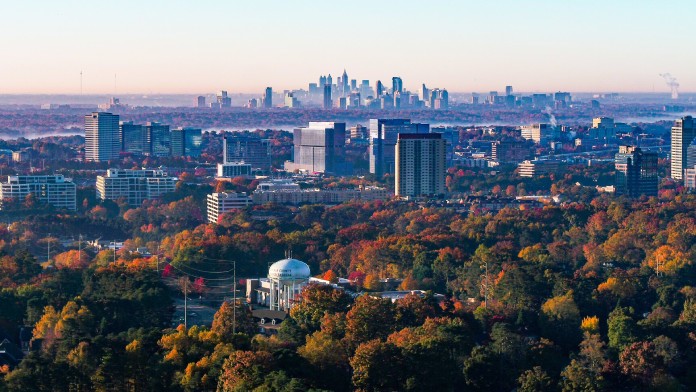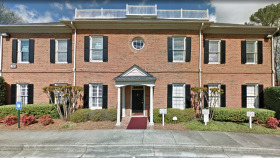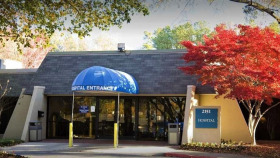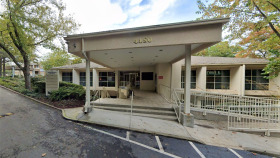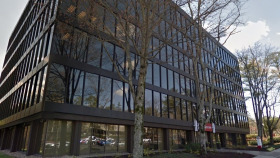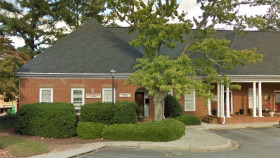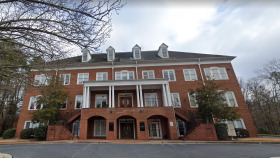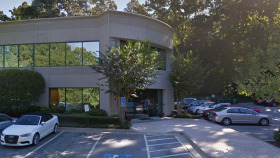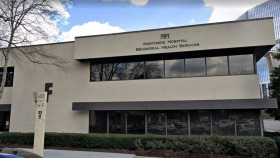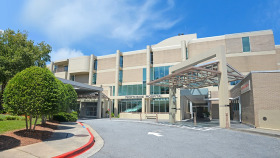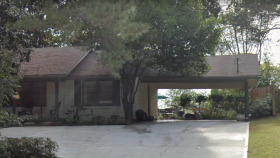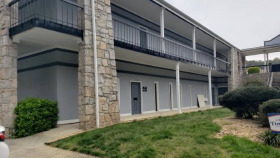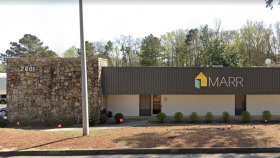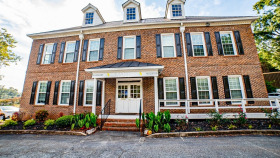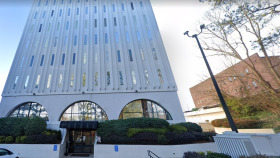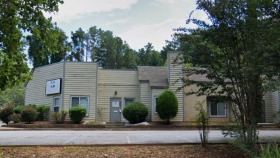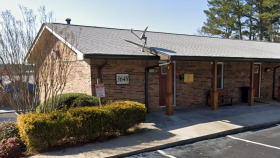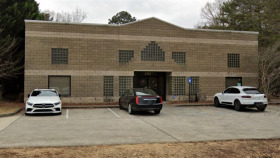Alcohol and Drug Statistics in Dunwoody, GA
The U.S. Drug Enforcement Agency has designated the greater Atlanta metro area, which includes Dunwoody and other suburbs, part of a High Intensity Drug Trafficking Area that brings cocaine, methamphetamine, and other substances to the East Coast.2 And in recent years, DeKalb County and the Atlanta metro area have also faced an increase in overdose hospitalizations and deaths caused mainly by opioid drugs such as heroin and fentanyl. Here are a few more recent alcohol and drug statistics for Dunwoody and the Atlanta metro area:3, 4
A majority of those deaths (22%) were due to fentanyl, a powerful painkiller often sold illegally.
After fentanyl, the substances most frequently involved in DeKalb County overdose deaths were cocaine (17.1%) and methamphetamine (10.5%).
Levels of Drug and Alcohol Rehab
Drug and alcohol rehab settings vary in intensiveness and structure. Here’s more about the levels of care:
Detox
When you receive drug detox, a team of doctors and nurses monitor your withdrawal symptoms while the drug or alcohol leaves your body, ensuring your safety and comfort. This usually occurs first before starting formal addiction treatment services.
Residential or Inpatient
You reside at the treatment center for 30 days, 60 days, or 90 days, while receiving a myriad of treatment modalities, such as individual therapy, group counseling, family therapy, support groups, experiential therapies, and addiction treatment medications.
Partial Hospitalization Programs (PHPs)
A step down from inpatient rehab, you live at home while attending between 20 and 30 hours of counseling per week.
Intensive Outpatient Programs (IOPs)
Less intensive than a PHP, IOPs involve living at home while attending between nine and 20 hours of therapy per week.
Standard Outpatient
Standard outpatient involves just a few hours of therapy per week and may not be the best option for someone who doesn’t have a strong support system or who is struggling with a severe addiction. It may be better used as a step-down option after completing an inpatient or PHP.
Aftercare
Once you complete your addiction treatment program, you’ll want to make sure to continue receiving ongoing support to prevent relapse. This can look like joining AA, NA, or SMART Recovery, or attending ongoing therapy. Some people transition into sober living homes before returning home.
How to Pay for Drug Rehab in Dunwoody, Georgia
There are many ways to finance your addiction treatment to reduce the financial burden.
Private Insurance
Health insurance providers are required to cover substance abuse treatment and mental health services to the extent that they do surgical and medical benefits. If you have private insurance, you can likely get partial or full coverage for drug rehab. Contact your provider for more details.
Georgia Medicaid: Peach State Health Plan
Georgia’s Medicaid, or Peach State Health Plan, provides health insurance coverage for low-income Georgia residents. Medicaid covers drug and alcohol rehab, although you will need to find a rehab that accepts Medicaid.
Medicare
Georgia Medicare covers Georgia residents aged 65 and older as well as those with certain medical conditions and disabilities. It covers addiction treatment services, like medication-assisted treatment, outpatient rehab, and inpatient hospitalization. Like Medicaid, you’ll need to find a drug rehab that accepts this form of payment.
TRICARE in Georgia
TRICARE in Georgia provides health insurance coverage for veterans, active-duty military personnel, and their families. Many drug and alcohol rehabs accept TRICARE.
Sliding Scale Rehabs
A sliding scale rehab only charges you what you can reasonably pay based on your income and financial situation, greatly reducing the cost of treatment and increasing access.
IHS-Funded Drug Rehabs
The Indian Health Services funds addiction treatment programs that provide free care to Indigenous people. Most of these IHS-funded rehabs are on reservations, although a few are elsewhere.
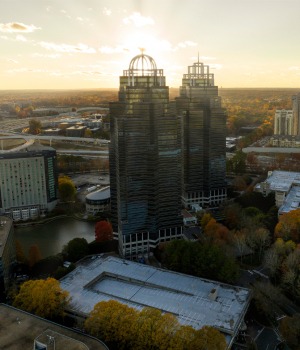
Local Information for Visiting Dunwoody, GA
If you’re looking for help with addiction treatment in Dunwoody, or if you’re visiting the area to support a friend or loved one who’s receiving alcohol and drug rehab in Dunwoody, you might like to know a few things about travel, transportation, and accommodations in the city and surrounding areas:
- Dunwoody is just 17 miles from Atlanta via Georgia State Route 400N, and 21.8 miles away via Interstate 75 and Interstate 285E.
- The Dunwoody area is served by the regional MARTA transport system, which includes bus, train, and streetcar routes.
- MARTA also provides subway service directly between Atlanta and Dunwoody.
- Dunwoody is served by Hartsfield-Jackson Atlanta International Airport, 26 miles away, and the local DeKalb-Peachtree Airport, just six miles away.
- The Dunwoody-Atlanta area has most major hotel and motel chains including Hyatt, Marriott, and Embassy Suites.
Georgia Drug and Alcohol Laws
Here are some relevant drug and alcohol-related laws in Georgia:1
The Mental Health Parity and Addiction Equity Act of 2008: This law requires insurance providers to cover drug rehab to the same extent they cover other medical treatments, increasing access to addiction treatment.
Georgia Naloxone Access Law: In Georgia, you can receive a prescription for naloxone (Narcan) if you know someone who is at risk of an overdose. If you are at risk of an opioid overdose, you can also receive naloxone from a pharmacist without a prescription
The Georgia 911 Medical Amnesty Law: This Georgia overdose law provides limited legal immunity to those who call 911 to seek help for someone experiencing an overdose, meaning they won’t get prosecuted for drug possession.
Resources
- DeKalb County Medical Examiner’s Office. (2020). 2020 Annual Report.
- Atlanta Regional Commission News Center: (2018). ARC Report: Opioid Related Overdose Deaths Increase Sharply in Metro Atlanta.
- DeKalb County Board of Health. (2020). Substance Misuse Program.
- County Health Rankings & Roadmaps. (2022). Georgia Data by County: DeKalb County.

